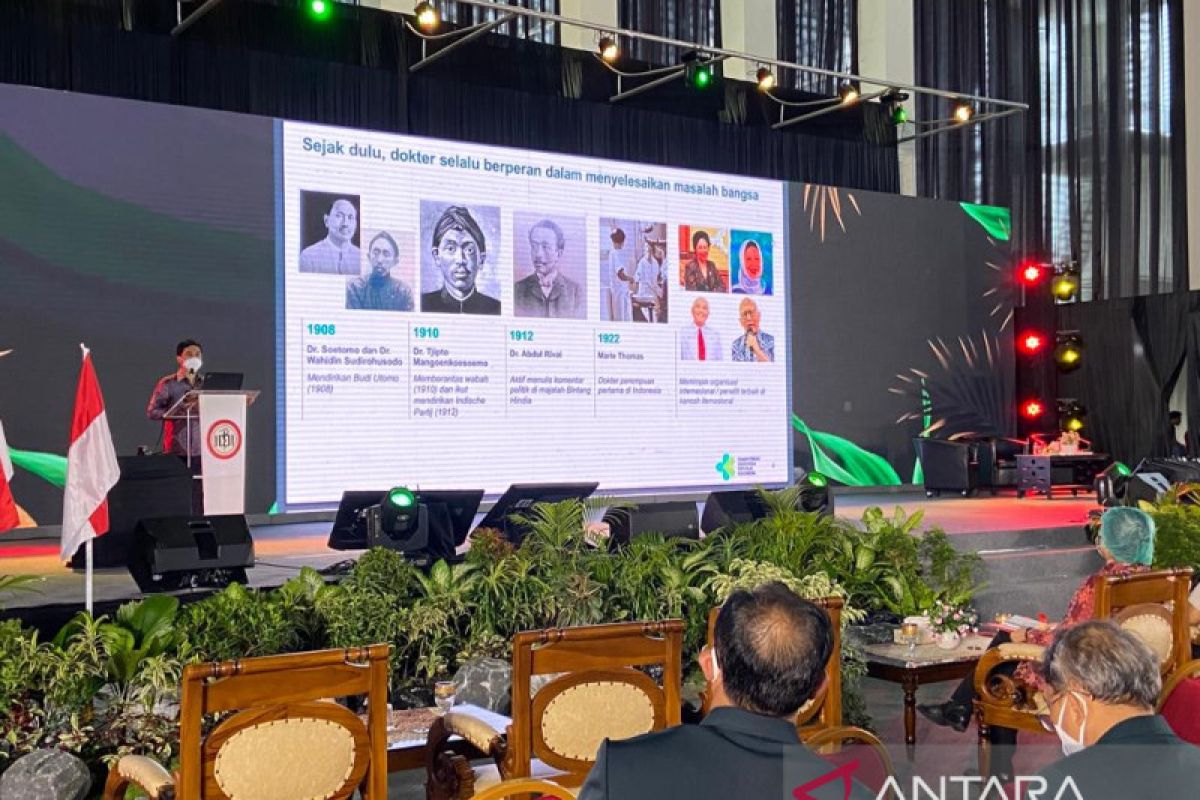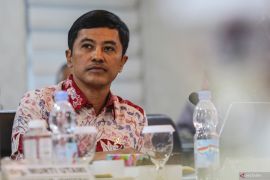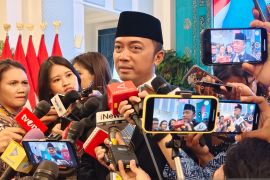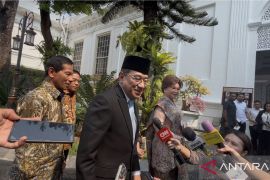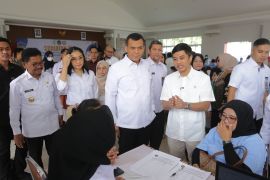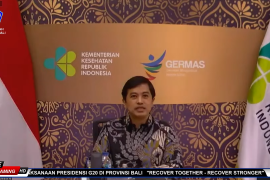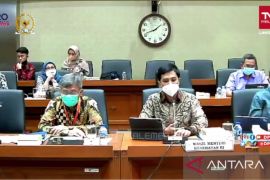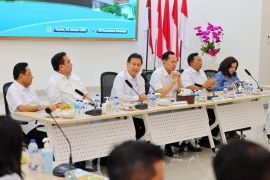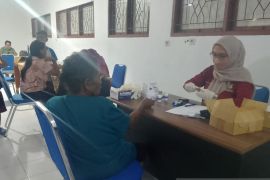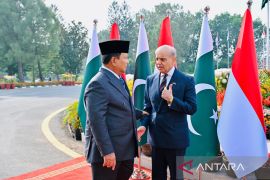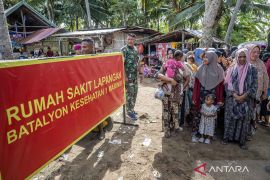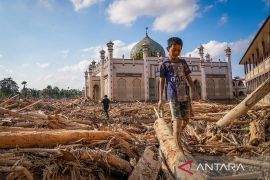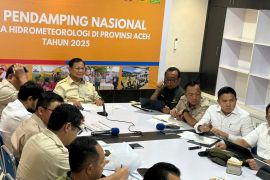I have heard that in Aceh there are also some Puskesmas which do not have any doctor.Banda Aceh, Aceh (ANTARA) - To meet the demand for medical professionals across Indonesia, the Health Ministry is aiming to increase the number of doctors graduating from universities by increasing their quota by five thousand every year.
"Currently, there are still distribution shortages of doctors in some regions," Deputy Minister of Health, Dante Saksono Harbuwo, said at a public lecture at the 31st Congress of the Indonesian Medical Association (IDI) and the 22nd Congress of Indonesian Doctor's Wives Association (IIDI) here on Thursday.
Indonesia is still facing difficulties in ensuring equitable distribution of health workers, he noted. In fact, 671 community health centers (Puskesmas) in Indonesia, 50 percent of which are located in Maluku and Papua regions, do not have any doctors.
"I have heard that in Aceh there are also some Puskesmas which do not have any doctor," he stated.
Meanwhile, the other 5,644 Puskesmas do not have all nine types of health workers.
According to the ministry’s website, the nine types of health workers comprise doctors, dentists, nurses, midwives, public health workers, environmental health workers, medical laboratory technology experts, nutritionists, and pharmacists.
Furthermore, the deputy minister said that there are also 155 regional general hospitals (RSUD) that have less than seven specialist doctors. Hence, increasing the quota of doctor graduates is important to improve equal distribution of doctors throughout Indonesia.
"We must transform to increase the number of medical graduates immediately, which has only reached 12 thousand people each year," he said.
Hence, the Health Ministry has agreed with the Finance Ministry to provide Indonesia Endowment Fund for Education (LPDP) scholarships to regional students pursuing medical degrees. Once they graduate, they will return to work in their own hometowns.
"We have also coordinated with the Education, Culture, Research, and Technology Ministry to increase the quota of medical students at universities throughout Indonesia. It has been agreed to increase the quota by 5,000 each year," he said.
Furthermore, the implementation of competency-based training for health workers is also inadequate.
“Thus, the transformation of healthcare human resources will be conducted by identifying the number of demands, increasing the quantity, equalizing the distribution, and improving the quality of the medical workers,” Harbuwo added.
Related news: Realizing equal distribution of resources in health transformation
Related news: Papua's Jayawijaya district faces shortage of doctors, pharmacists
Translator: Khalis Surry, Uyu Liman
Editor: Suharto
Copyright © ANTARA 2022
